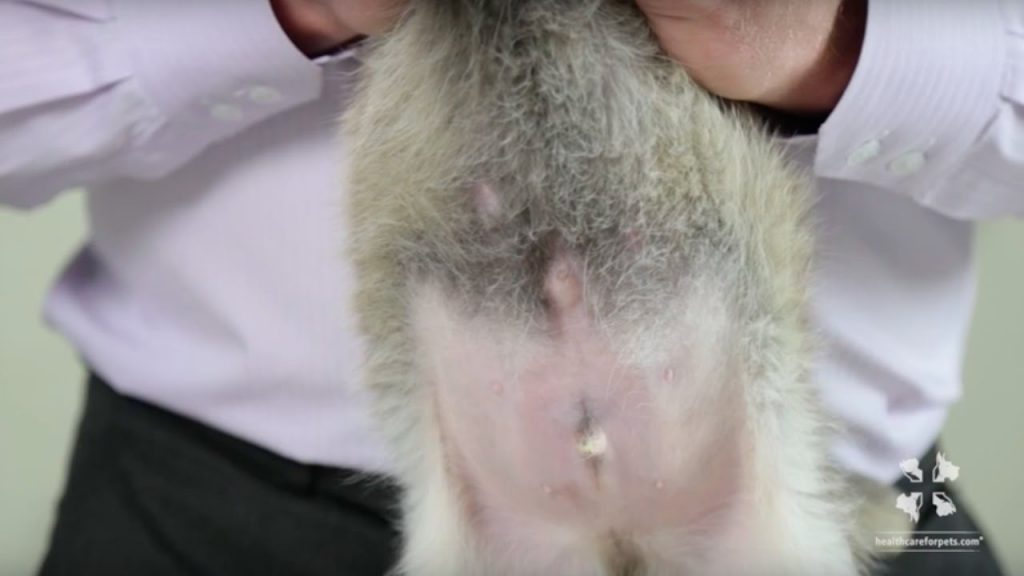Dr. Greenway discusses general info and the treatment of umbilical hernias in dogs and cats. Other topics covered in this video include herniation, congenital, genetic, inherited, surgery during spay or neuter, belly button and add-on fee.
TRANSCRIPT:
I’m Dr. Clayton Greenway with healthcareforpets.com. One of the things we see in puppies that’s very common is umbilical hernias. What this is is it’s a genetic defect that cats and dogs will have when they’re born and what happens is the muscle layer that closes the abdomen doesn’t fully close over the belly button or where the umbilicus went into the abdomen during gestation.
So what you’ll see is a little lump on their belly. Sometimes it’s quite small and you’ll only be able to feel it and not see it that well. This is a defect that over time and with activity, it could get larger and so we want to correct this surgically when we spay or neuter your dog or cat.
The lump will typically be abdominal fat that is coming down through that hole in the muscle, however, some hernias can be big enough that you might have an abdominal organ or a piece of intestine come down into that area as well.
This can get quite dangerous if a piece of intestine were to get entrapped in that area and twist it could restrict blood flow and could have major damage to that intestine and make your dog or cat very ill.
So the first opportunity to perform an anesthesia is when we spay or neuter them and that’s our opportunity to correct it. It’s usually an additional service that’s added on to that procedure price and it’s an umbilical hernia repair. You want to talk to your veterinarian about that cost and the issues related to correcting it and it healing. You can find out more here at healthcareforpets.com.
